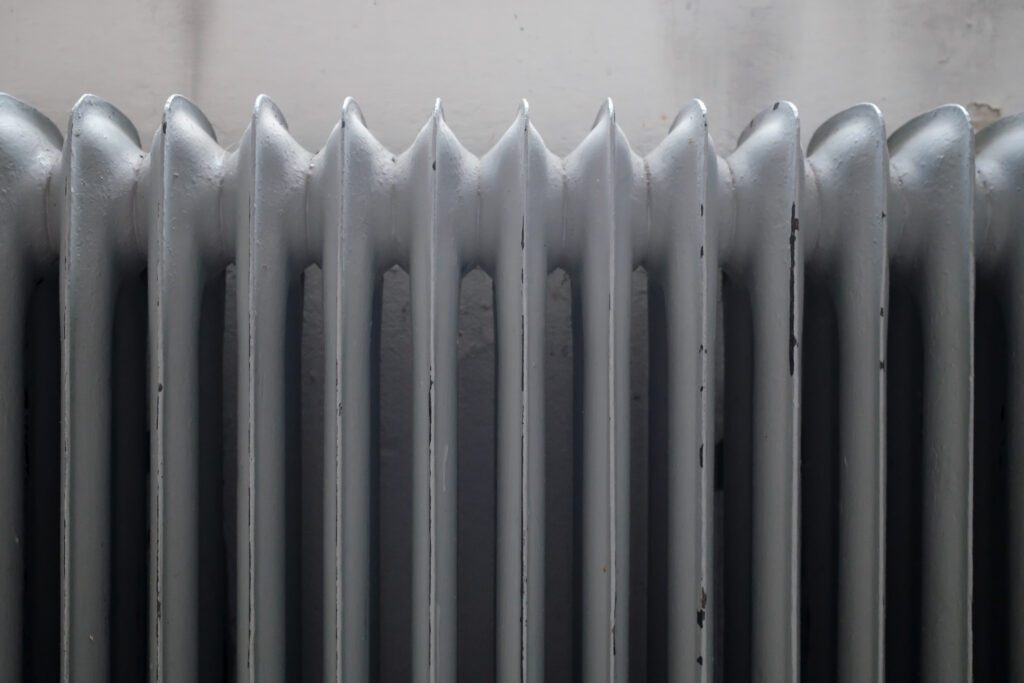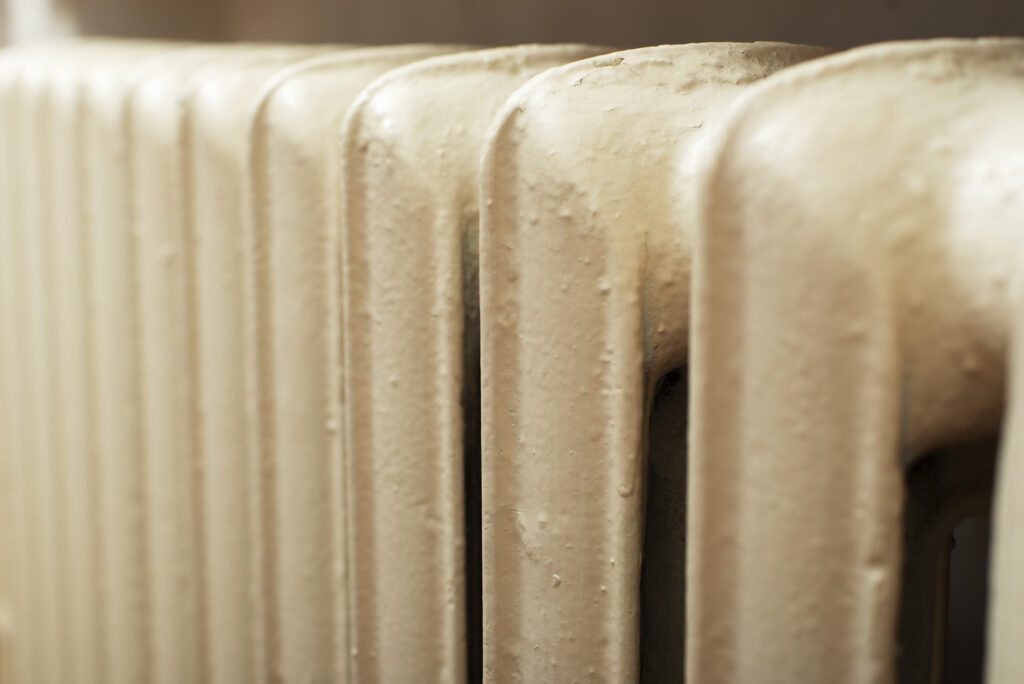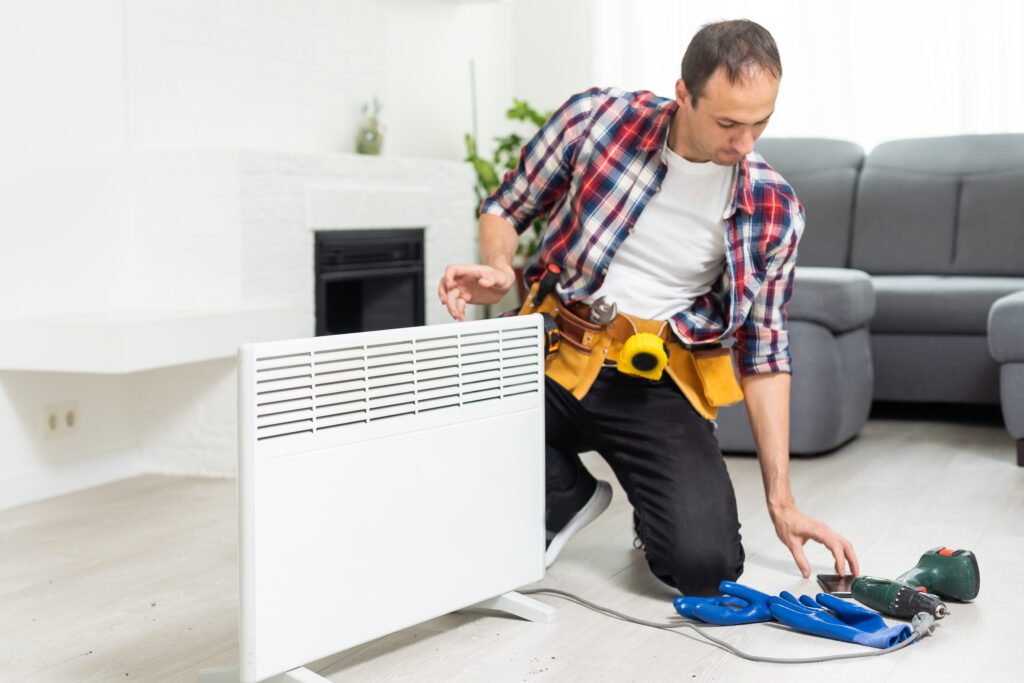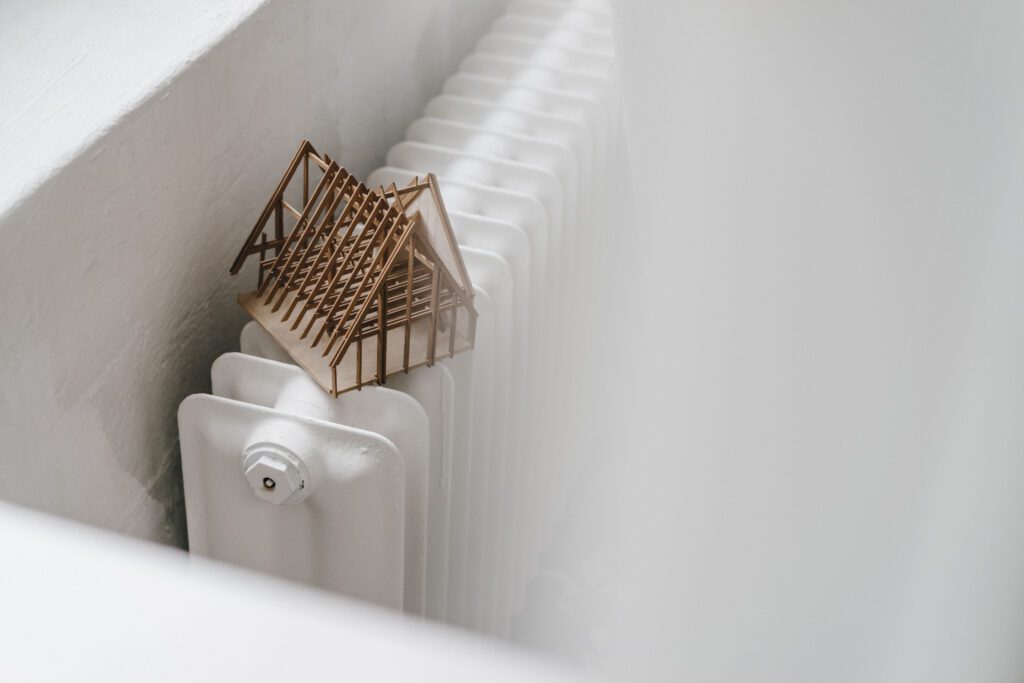As the cold months approach, ensuring that your home heating system operates efficiently becomes a top priority. A well-functioning heating system not only keeps your living space cozy but also contributes to energy savings and reduces unnecessary expenses. Here, we explore five essential tips to enhance your home heating system.
Understanding Your Home Heating System
Before making changes or improvements, it’s crucial to understand how your home heating system works. Familiarizing yourself with the fundamentals can help you make informed decisions about maintenance and upgrades.
The Basics of Home Heating
Most home heating systems work by converting a fuel source—such as gas, electricity, or oil—into heat through a furnace, boiler, or heat pump. Once the heat is generated, it is distributed throughout your home via ducts, pipes, or radiators. A basic understanding of your system’s components will aid in troubleshooting issues when they arise.
In addition to central heating systems, many homes also utilize space heaters and fireplaces, which can complement your main heating source. Knowing how each component functions will allow you to optimize your overall heating strategy for maximum efficiency. For instance, using a programmable thermostat can significantly enhance your control over heating schedules, ensuring that your home remains comfortable while minimizing energy consumption. This is particularly useful during peak usage times, as it can help reduce your utility bills while maintaining a cozy environment.
Types of Home Heating Systems
There are several types of home heating systems available, each with its pros and cons. Some common types include:
- Forced Air Systems: Utilize air ducts to circulate warm air throughout the home.
- Radiant Heating: Transfers heat through floors or panels in walls through radiant heat technology.
- Boilers: Utilize water to provide heat through radiators or underfloor heating systems.
- Heat Pumps: Transfer heat from outside air or the ground to warm the interior of the home.
Each system has unique features that may be more suitable for certain climates and home layouts, making it essential to select the right type for your needs. For example, in colder climates, a high-efficiency boiler might be more effective, while in milder regions, a heat pump could provide sufficient warmth without excessive energy costs. Additionally, understanding the energy efficiency ratings of these systems can guide you in making choices that not only enhance comfort but also contribute to environmental sustainability by reducing your carbon footprint.
Another important consideration is the maintenance requirements of each heating system. Regular inspections and servicing can prolong the life of your system and ensure it operates at peak efficiency. For instance, forced air systems require regular filter changes to maintain airflow and indoor air quality, while boilers need periodic flushing to remove sediment buildup. Being proactive about maintenance can save you from costly repairs down the line and keep your home warm during the coldest months.
The Importance of Regular Maintenance

Just like any other home system, heating systems require regular maintenance to function efficiently. Neglecting routine care can lead to unexpected breakdowns, higher energy bills, and compromised safety. Regular maintenance not only extends the lifespan of your heating system but also improves air quality in your home. This is particularly crucial in colder months when windows are often closed, trapping indoor pollutants and allergens. By maintaining your heating system, you ensure that the air circulating through your home is clean and healthy, contributing to the overall well-being of your family.
Preventing Common Heating Problems
Regular checks can help identify and prevent common heating issues, such as clogged filters, inefficient airflow, and inconsistent heating. Changing air filters monthly during the heating season enhances airflow, reduces energy usage, and prolongs system life. Additionally, keeping vents and registers clear of obstructions can significantly improve heating efficiency and comfort in your home. It’s not just about keeping the system running; it’s about creating a cozy environment where every room is evenly heated, making your living space more enjoyable during the chilly months.
Furthermore, frequent inspections can help detect more significant problems like gas leaks or faulty wiring. Addressing these issues promptly can save you substantial time and money, allowing you to enjoy a reliable heating system throughout winter. Regular maintenance can also uncover minor issues that, if left unattended, could escalate into major repairs, leading to inconvenient downtime when you need your heating system the most. By being proactive, you can avoid the stress of emergency repairs and ensure your home remains a warm sanctuary.
Scheduling Regular Inspections
It’s advisable to schedule professional inspections at least once a year, ideally before the heating season begins. A technician will conduct a comprehensive check-up, ensuring all components are working correctly and efficiently. They will clean the system, replace any worn-out parts, and provide maintenance tips tailored to your specific heating system. This personalized approach not only enhances the performance of your heating system but also empowers you with knowledge on how to care for it throughout the year.
Regular professional maintenance offers peace of mind, ensuring safety and reliability while giving you the chance to catch potential issues before they become costly repairs. Moreover, many service providers offer maintenance plans that include priority scheduling and discounts on repairs, making it a financially savvy choice. By investing in regular inspections, you’re not just protecting your heating system; you’re also safeguarding your home and family against the harsh winter elements, ensuring that your living environment remains comfortable and secure.
Energy-Efficient Heating Solutions

With rising energy costs and increased awareness of environmental issues, energy-efficient heating solutions have become more popular. Implementing these solutions in your home can lead to significant savings on monthly energy bills and reduce your carbon footprint. As more homeowners seek sustainable living options, the demand for innovative heating technologies continues to grow, paving the way for advancements that not only save money but also contribute positively to the environment.
Smart Thermostats and Their Benefits
One of the best investments for improving home heating efficiency is a smart thermostat. These devices learn your heating preferences over time and can adjust temperatures automatically, ensuring optimal heating when you need it and saving energy when you don’t. Many models also feature geofencing technology, which detects when you leave or return home, allowing the thermostat to adjust settings accordingly without any manual input.
Smart thermostats also provide you with the ability to control your heating remotely via smartphone applications, allowing you to make adjustments as needed, which can be particularly convenient if you’re away from home or returning after a long day. Additionally, some smart thermostats can integrate with other smart home devices, creating a seamless environment that enhances overall energy management. By providing insights into your energy usage patterns, these devices empower homeowners to make informed decisions about their heating habits, further optimizing energy consumption.
The Role of Insulation in Heating Efficiency
Proper insulation plays a crucial role in maintaining heat within your home. Insulating walls, attics, and floors can prevent heat loss, ensuring that your heating system works effectively and efficiently. If your insulation is inadequate, hot air will escape outside, forcing your heating system to work overtime and increasing energy costs. Moreover, investing in high-quality insulation can also help to reduce noise pollution from outside, creating a quieter and more peaceful living environment.
Consider using energy-efficient windows and doors, or upgrading insulation materials in your home to create a more energy-efficient space. Not only will this improve heating efficiency, but it will also make your home more comfortable year-round. Additionally, exploring options such as reflective insulation or insulated panels can further enhance your home’s thermal performance. By addressing any drafts and sealing gaps around windows and doors, you can create a well-insulated sanctuary that minimizes energy loss and maximizes comfort, ultimately leading to a cozier home during those chilly winter months.
Upgrading Your Home Heating System

As technology improves, heating systems become more advanced and energy-efficient. If your heating system is over 15 years old or consistently requires repairs, it may be time to consider an upgrade.
When to Consider a Heating System Upgrade
Keep an eye out for signs that might indicate your heating system needs an upgrade. Frequent breakdowns, inconsistent heating, and increasing energy bills are red flags that suggest your system is no longer effective. Additionally, some older systems may not comply with current energy efficiency standards, which could be costing you money every month.
Moving toward a more efficient heating system will not only lower energy bills but also improve comfort levels in your home. Consider your habits, the size of your home, and your budget when evaluating potential replacements. Moreover, the environmental impact of outdated heating systems cannot be overlooked; upgrading to a more efficient model can significantly reduce your carbon footprint, contributing to a healthier planet.
Choosing the Right Heating System for Your Home
Selecting a heating system is an important decision that should be based on your specific needs, climate, and home size. Consult with a heating professional to understand the best options available for your situation, including considerations for fuel types, efficiency ratings, and installation costs.
Evaluate systems such as high-efficiency furnaces, boilers, and contemporary heat pumps, and take into account their upfront costs versus long-term energy savings. Making an informed choice can lead to substantial financial and environmental benefits. Additionally, consider the maintenance requirements of each system; some may require more frequent servicing or specialized care, which can impact your overall satisfaction and costs in the long run. Understanding the warranties and service agreements associated with new systems can also provide peace of mind, ensuring that you are protected against unexpected expenses after your upgrade.
DIY Tips for Optimizing Your Heating System

In addition to professional help, there are several DIY strategies you can adopt to optimize your heating system. Simple adjustments and routine checks can significantly impact overall efficiency.
Simple Adjustments for Better Heat Distribution
To encourage better heat distribution throughout your home, consider adjusting your vents. Ensure they are open and unobstructed to allow warm air to flow freely. Additionally, using fans to circulate warm air can promote even temperatures throughout larger rooms. Ceiling fans, for instance, can be set to run in a clockwise direction during the winter months, which helps to push warm air down from the ceiling, creating a more balanced environment.
Another effective adjustment is to check your thermostat settings. Try setting your thermostat a few degrees lower in winter and wear warmer clothing at home to stay comfortable without incurring excessive heating costs. Utilizing programmable thermostats can also enhance your heating efficiency by allowing you to set specific temperatures for different times of the day, ensuring that your system is not working overtime when you’re not home.
Basic Troubleshooting for Common Heating Issues
Basic troubleshooting can help you address minor heating issues without needing professional service. For example, if your system is not heating properly, check your thermostat settings, replace clogged air filters, and ensure that vents are not blocked by furniture or curtains. Regularly inspecting and cleaning your furnace or boiler can also prevent dust and debris from accumulating, which can hinder performance and lead to costly repairs.
If you encounter more serious problems, such as strange noises or persistent failure to heat, it’s advisable to contact a technician to avoid further damage and unexpected costs. Additionally, be on the lookout for signs of wear and tear, such as rust or leaks, which may indicate that your heating system is struggling and requires immediate attention. By staying proactive and vigilant, you can extend the lifespan of your heating system and maintain a cozy home environment.
By understanding and implementing these tips, you can elevate your home heating system to ensure it operates efficiently and effectively throughout the winter months. Regular maintenance, energy-efficient upgrades, and simple DIY adjustments will not only keep your home warm but can also save you money in the long run. Moreover, considering insulation improvements, such as sealing drafts around windows and doors, can further enhance your heating system’s performance, creating a more energy-efficient home that stays warm even during the coldest days of winter.



